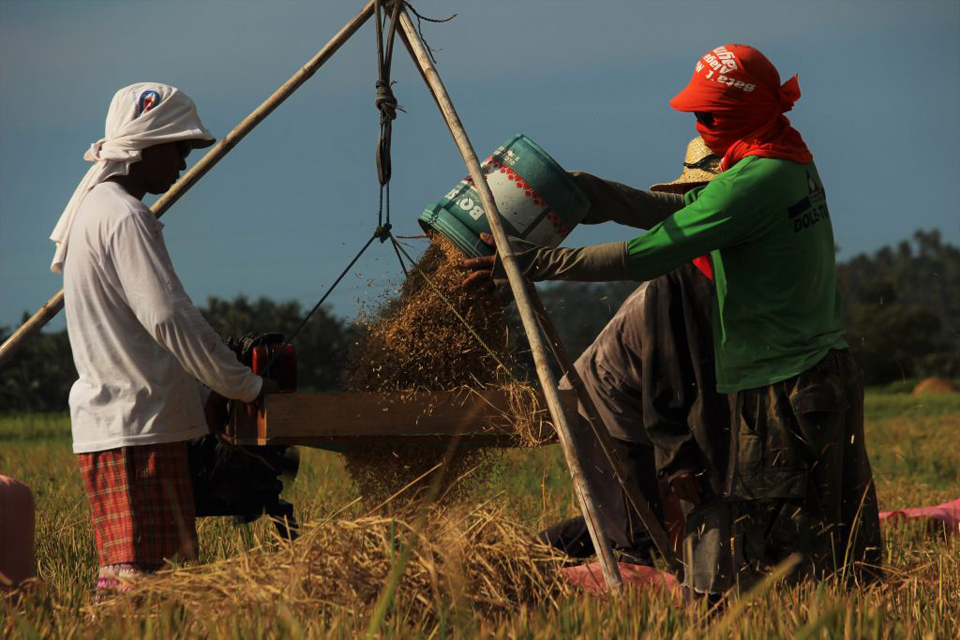
The proper and efficient implementation of the Rice Trade Liberalization Law is on top of the list of the priority concerns for the first 100 days of newly appointed secretary of the Department of Agriculture (DA), Dr. William D. Dar.
“Let’s give a chance to the proper planning and implementation of the law,” Secretary Dar expressed.
According to him, the rice law and its P10-billion Rice Competitiveness Enhancement Fund or Rice Fund need to be properly implemented and managed to help improve the agricultural productivity, competitiveness, and profitability of Filipino farmers.
“We envision a food-secure Philippines with prosperous farmers and fisherfolk,” the new agri chief stressed adding that this is the goal of the department.
On his first day of office, he convened the DA top officials to set a common agenda and discuss plans to attain food security and double the income of farmers and fisher folk in the next five years.
Dar insisted that the rice law implementation timeline has to be followed and the Rice Fund should be released and used accordingly. He also urged the concerned implementing agencies such as the Philippine Center for Postharvest Development and Mechanization, Philippine Rice Research Institute, Agricultural Training Institute, and the Technical Education and Skills Development Authority to submit their respective plans.
To compensate for the delayed implementation of the rice law, Dar proposed for the preparation of a catch-up plan that will highlight hybrid rice technology, fertilization, and high value crop diversification, among other strategies.
The Registry System for Basic Sectors in Agriculture, which will serve as basis for the granting of assistance to farmers and fisher folk, will be enhanced and updated by the DA together with the Land Bank of the Philippines. A “Pantawid Magsasaka Program” will also be developed to assist the farmers who are affected by the rice law and the influx of cheap imported rice.
The rice law replaces the quantitative restriction on rice imports with tariff to fulfill the country’s commitment to the World Trade Organization. On top of the DA regular fund for the Rice Program, the Rice Fund will be used for rice farm machineries and equipment, rice seed development, propagation, and promotion, expanded rice credit access, and extension services. ### (Gumamela Celes Bejarin, DA-AFID)














